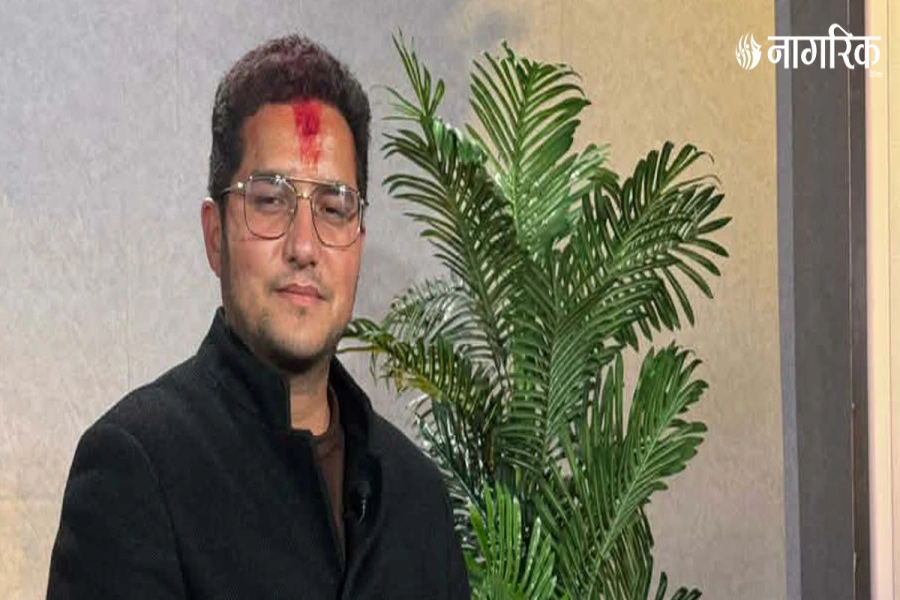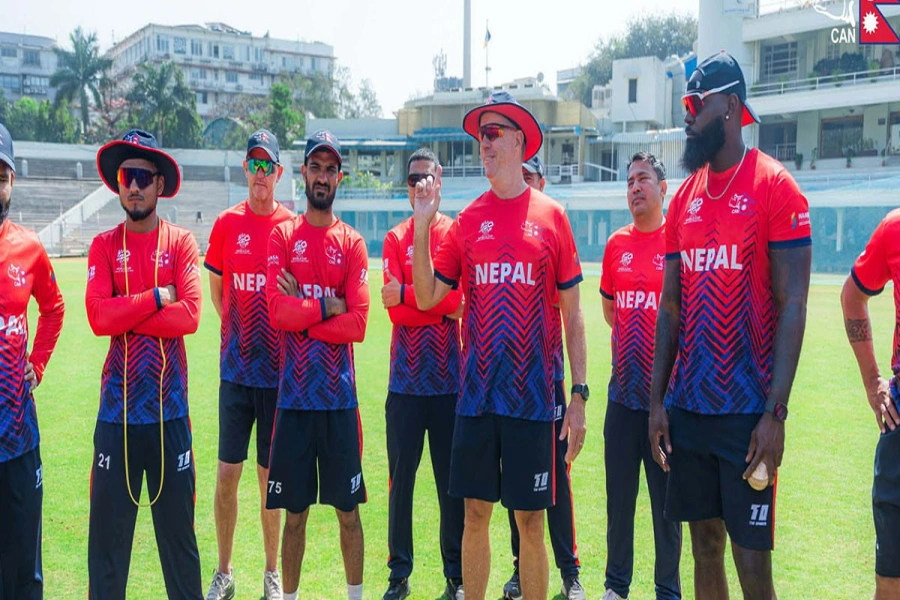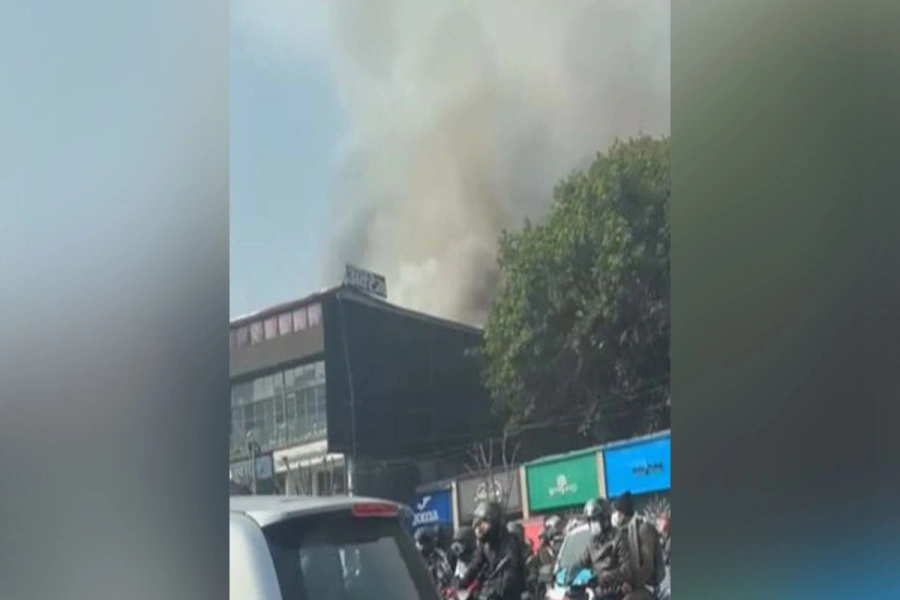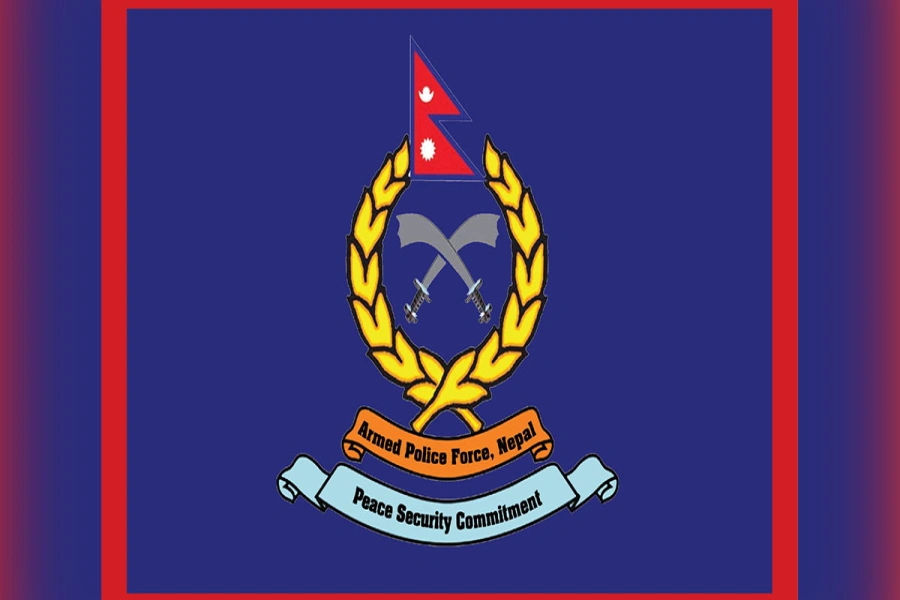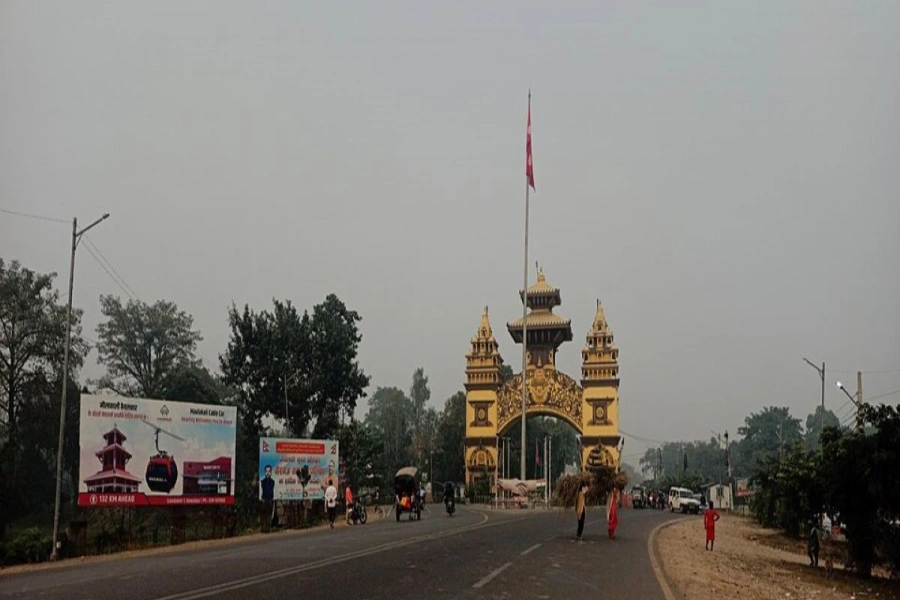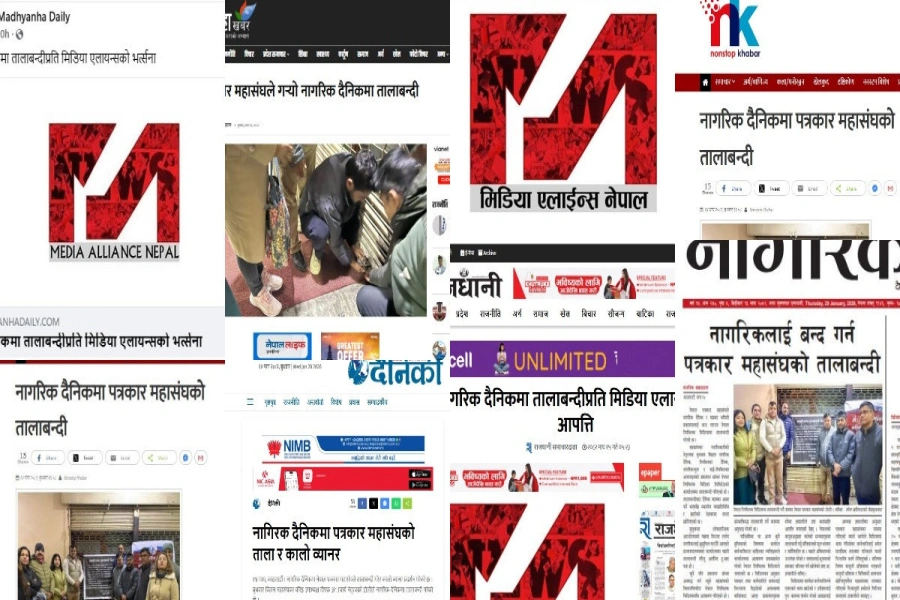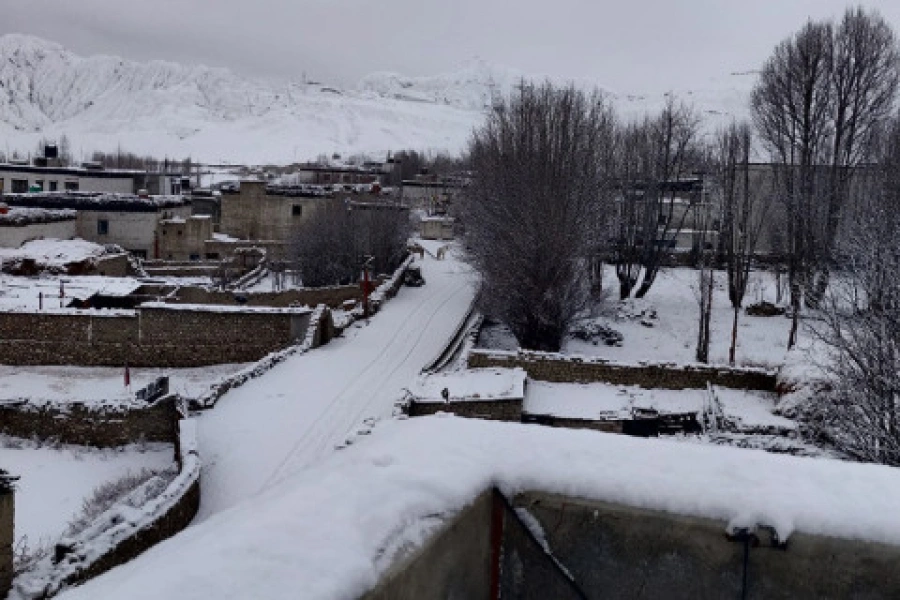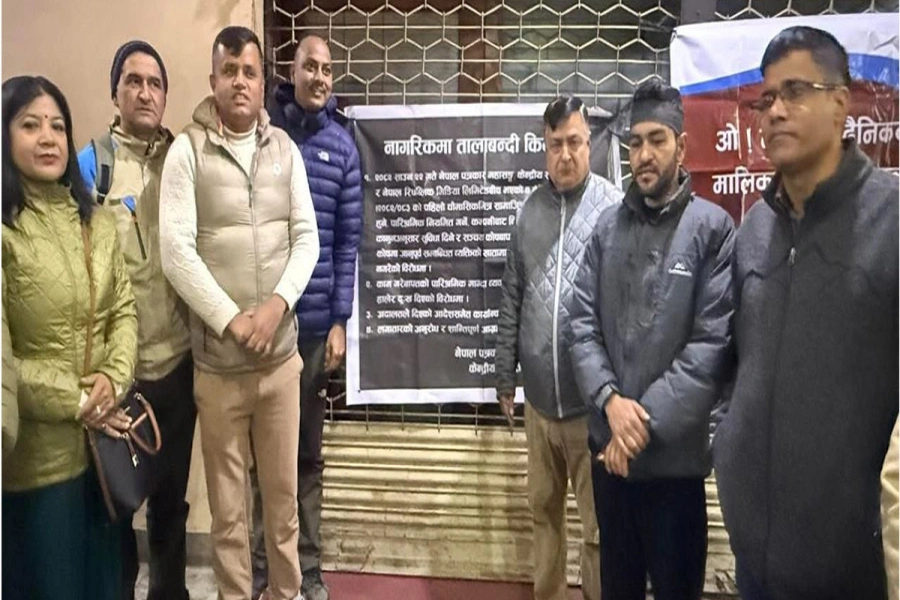Land can be acquired through executive fiat, loophole to award contracts without bids
KATHMANDU, March 13: The government has forwarded a bill to parliament for bringing development projects of national priority under the supervision of the prime minister.
The bill to fast-track national priority projects proposes a directives committee under the leadership of the prime minister, to oversee any project costing over Rs 25 billion.
The government has also proposed naming a chief executive officer (CEO) for each project listed under national priority.
The legislation registered by Prime Minister KP Oli proposes that any project costing over Rs 25 billion or any two-lane road over 50 km long, four-lane road over 25 km and railway line over 100 km will be included under the national priority projects. Similarly, international airports, hydro-power projects above 200 megawatt, transmission lines of above 220 kilovolt and the larger irrigation projects shall also be executed as priority projects.
CAAN reduces fuel surcharge following drop in aviation fuel pri...

The proposed law for fast-tracking mega projects will remain in effect for a decade after its enactment.
The prime minister will head the directives committee as chairperson while the finance minister, the line minister concerned, the vice-chair of the National Planning Commission (NPC) and the chief secretary of the government will be members. A secretary at the Prime Minister’s Office will be the member-secretary.
The directives committee will oversee, evaluate and monitor the project implementation status and take policy and administrative decisions when needed.
Similarly, the government has proposed a CEO for each project for its execution until completion. The government shall assign bureaucrats as CEOs or hire them through open competition. A committee led by the vice-chair at the NPC will recommend the CEOs.
The government has proposed selecting contractors for the projects through open competition, but it can also select contractors directly if the bids from contractors fail to meet the technical requirements or if the project are based on new concepts and technology.
Officials at the NPC said that in using the tricky wording of ‘new concepts’ the government has created a loophole in the bill for selecting contractors without due competition.
The bill states that the government should select contractors based on the technical and engineering requirements of the projects, attractive design, sustainability and minimum environmental impact.
The government has also proposed project implementation schedules for timely execution of the projects. According to the bill, the ministries concerned should propose project implementation schedules along with the project planning. The government can scrap a contract if the construction company does not start the project work within a certain period.
The bill states that government agencies should give priority to the projects for fuel supply, construction materials, customs clearance and foreign exchange.
The bill also proposes that if a project fails to acquire the land needed through the regular process, the government can step in and requisition the land at any time, with the compensation to be provided when needed.
Meanwhile, the government shall restrict protests and obstructions to the projects, barring entrance of the public to the project sites. The authorities shall designate restricted areas for protests, on the recommendation of the CEO.
According to the bill, any activities creating obstruction to land acquisition, protests against use of construction materials on the site, unauthorized entrance at the site or obstruction of project implementation may incur jail terms of three months or Rs 10,000 in fines or both.


